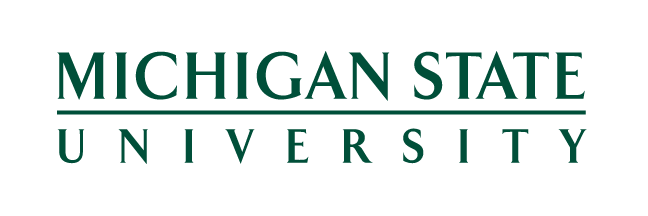AUTHORS
Ayesha Hashim, NWEA
Hayley Weddle, University of Pittsburgh
Ogechi N. Irondi, University of Pittsburgh
Katharine O. Strunk, Michigan State University
A Working Paper From EPIC
Bright Spots: A Multiple Case Study of District Strategies for Supporting Student Learning in the Pandemic and Lessons for Policy
May 2023
Local leaders relied on existing resources such as staff-student relationships, school-family relationships, and curricula and instructional models to address foundational needs stemming from the pandemic and that had demonstrated success in supporting student learning prior to the pandemic. When existing capacity was not aligned to external demands, local leaders leveraged staff expertise, staff collaboration, and school-family relationships to build out new teaching and learning approaches. In-person and hybrid districts adapted to create safe learning environments, while remote and hybrid districts adapted to use technology to engage students in learning and personalize academic support.
We contribute new insights on the interplay between leadership and organizational capacity during crisis response. Our findings shed light on pandemic response strategies that other districts can adopt in future crises. Our work also highlights organizational resources that need to be cultivated and distributed equitably across districts to support crisis response.




